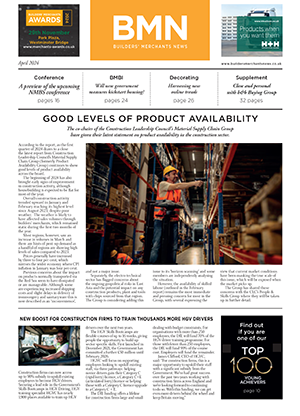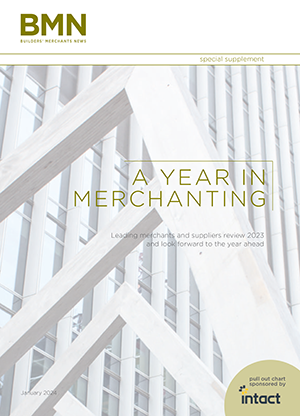Not too long ago when you wanted to buy a computer you would pop down to your local PC World. As you walked into the store you would be hit with too much choice and not enough knowledge to make a good decision. Enter the sales advisor who has been floating around since the moment you entered, knowing that you would try and make sense of the CPU, RAM and GB data in front of you and quickly seek some help.
The reason I highlight this is because these days are gone and it didn’t take long for this change to happen. We now go on to Google to find not only the advice we are looking for so we can find the right computer, but once we have found the one we want we use the internet to find the best price.
So how have the likes of PC World (Now Currys PC World) and other suppliers who have had the service they offer replaced by the internet managed to stay in business? The answer is very simple. They understood the value in their shops was not the computers they sold, but the service that went with it and decided to package that up and sell it. They focussed on their unfair advantage (which is something I covered in my previous blog post) and were willing to move to meet new market demands. The service they now offer is called ‘Know How’ which allows someone to have everything they want on their computer installed in store. Something that the internet cannot compete with, currently.
The internet has allowed for the purchasing of items for your car and bike to be made simpler, faster and cheaper causing big problems for the national chain Halfords. If you want a bicycle, for example, you can walk into Halfords, find the one you like and, while in the store, go on Amazon and find out who will be able to do it cheaper and deliver it tomorrow.
‘We Fit’ is the service launched by Halfords, which is its unfair advantage packaged up into a productised service. You can pay someone to do a range of services from topping up your oil to replacing a spare bulb in the car for a small fee.
This move is happening in every industry. People are moving their focus from Do It Yourself (DIY) to Do It For Me (DIFM).
So what does this actually mean for a builders’ merchant? There is the argument that regardless of who is fitting the materials, the materials still need to be purchased, so there is no change to the bottom line. That is true but the company that understands the new buying mentality of the homeowner walking through their door will win market share. These customers no longer want to buy slabs; they want to buy a new garden. They go into the merchant with a desire to leave the branch with a day and time for when their new patio is going to be installed.
I urge all readers of this blog to start thinking how they can begin to leverage their current business model with their network to offer a productised service that taps into this growing desire of DIFM.
Adam Callow is the founder of Expert Trades.







